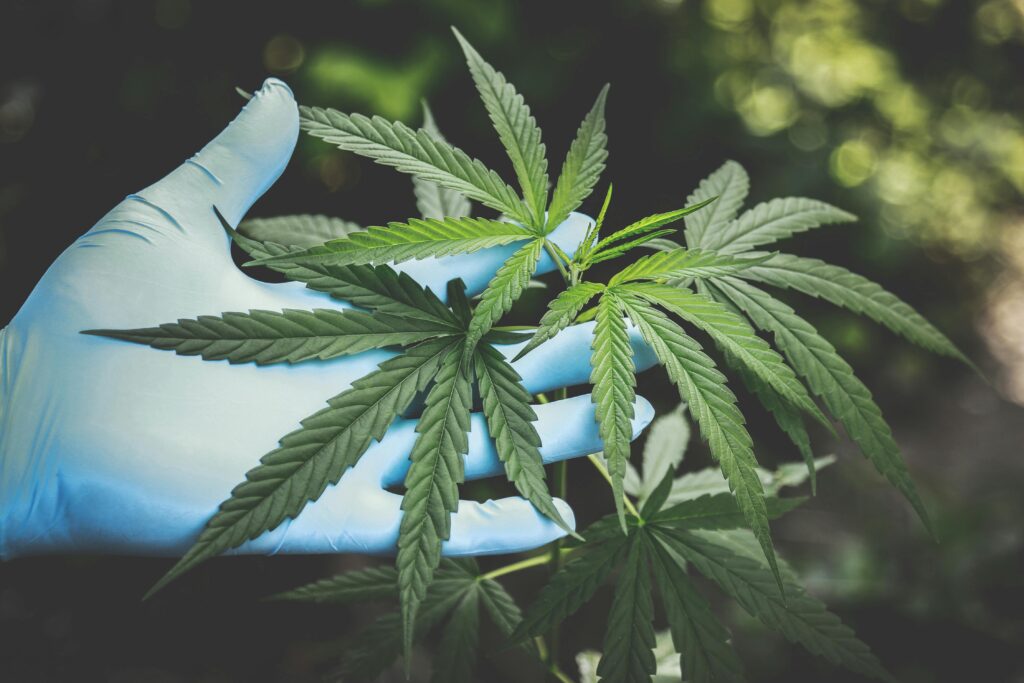Marijuana Rescheduling: What to Do Monday Morning

What’s happening
- A December 18, 2025 executive order titled “Increasing Medical Marijuana and Cannabidiol Research” tells federal agencies to finish the formal legal process that could move marijuana from Schedule I to Schedule III under the Controlled Substances Act (CSA).
- Nothing changes automatically because of the executive order. Rescheduling only happens if the Drug Enforcement Administration (DEA) publishes a final rule.
What this does not mean
- It does not mean marijuana is “federally legal.”
- It does not create a Food and Drug Administration (FDA)-approved “medical marijuana” product.
- It does not set a national impairment standard.
- It does not automatically change workplace drug testing rules.
Action Plan
1) Identify who is regulated
Make a quick list of roles covered by federal testing rules, especially Department of Transportation (DOT) roles (truck drivers, pilots, rail, transit, pipeline, maritime, etc.).
Flag those jobs as “federally regulated.”
2) Do not change DOT policy: If you have DOT-covered positions:
- Keep your current DOT testing panel and procedures in place.
- Do not promise exceptions for “medical marijuana.”
3) Send one clear message to employees: Use plain language:
“Some news reports say marijuana is being rescheduled. For DOT-covered and other regulated jobs, our rules do not change unless the federal agencies officially change them. Until then, marijuana remains prohibited for covered roles.”
4) Separate your policies (regulated vs non-regulated): Most employers need two lanes:
- Lane A: Regulated (DOT/other federal rules) — strict compliance; no improvising.
- Lane B: Non-regulated (state law + company policy) — review state-specific protections and safety-sensitive rules.
5) Refresh supervisor training (reasonable suspicion): Do a fast reminder training:
- What to observe (appearance, speech, behavior, coordination, odor, unsafe acts)
- How to document
- Who to call
- What NOT to do (diagnose; argue; use slang)
6) Tighten post-incident procedures: Confirm you have a clean process for:
- Who orders tests
- What triggers testing
- Documentation and chain-of-custody steps
- Leave/transportation home if someone appears impaired
7) Prepare for accommodation requests: If rescheduling proceeds, expect more “I use it medically” claims.
- Route requests to your standard accommodation process (often tied to the Americans with Disabilities Act (ADA)).
- Focus on job safety and fitness for duty, not debates about legalization.
8) Put a “monitoring owner” in charge: Assign one person to watch for:
- DEA final rule publication
- DOT Office of Drug and Alcohol Policy and Compliance (ODAPC) updates
- Guidance from relevant operating agencies (for example, Federal Motor Carrier Safety Administration (FMCSA), Federal Aviation Administration (FAA), Federal Railroad Administration (FRA), Federal Transit Administration (FTA), Pipeline and Hazardous Materials Safety Administration (PHMSA), U.S. Coast Guard (USCG))

Quick Q&A for the hallway
| Question | Answer |
| Is marijuana “legal” federally now? | No. The executive order doesn’t legalize anything. |
| Can DOT employees use marijuana if they have a medical card? | Not under current DOT rules. Don’t change anything until DOT officially changes it. |
| Should we stop testing for marijuana? | Not for regulated roles. For non-regulated roles, do not change policy until you’ve reviewed state law and your risk profile. |
| What about CBD or hemp products? | CBD products can still lead to positive tests depending on product content. Treat this as a risk topic and avoid making blanket “CBD is safe” statements. |
What success looks like this week
- Everyone knows rules haven’t changed for regulated roles.
- Managers are ready to handle impairment concerns consistently.
- HR/union leadership has one consistent message and a single point person monitoring updates.
